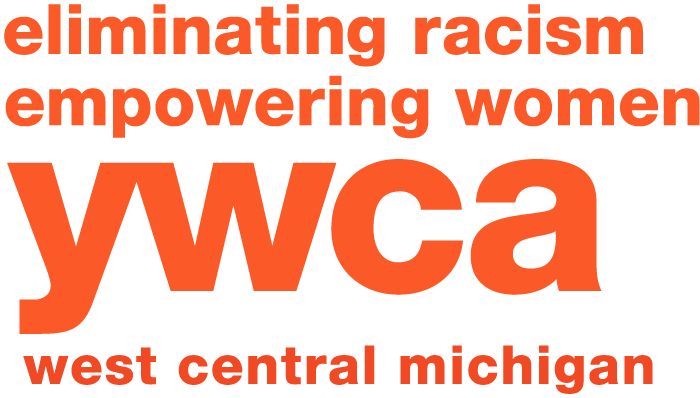How to Help
If you are in immediate danger or feel unsafe, call 911.
YWCA 24-Hour Confidential Helpline
616.454.YWCA (616.454.9922)
If You Suspect Child Abuse
No one sign or behavior can be considered absolute proof that sexual abuse has occurred. Listen to the child and your intuition. If you suspect something may have happened to the child, contact the YWCA or the Children’s Assessment Center (616.336.5160 or cac-kent.org) for helpful guidance.
Prove You’re a Safe Person Before a Crisis
Safe people are predictable people. How much evidence does the child have about who you are and what your reactions look like, what is okay to discuss, what is not? If you are safe person, the child shouldn’t feel like it is a risk to share an emotion or a thought. You will have already modeled through your words and your actions that you can handle what they have inside of them. This takes some time.
Believe The Child
A child is communicating emotions. Don’t get hung up on details – someone else can sort these out. By communicating your belief, you keep the door open for the child to continue to talk.
Don’t Take On The Role of Investigator
Peppering the child with questions may imply that you are looking for inconsistencies in their story, that you do not believe them, or are trying to figure out who is at fault (the child will assume it could be them).
Be Willing to Experience Pain
Children may try to protect you. If you send non-verbal messages that you don’t want to hear them (or it is painful to hear them, or it troubles you), they won’t tell you. DON’T EVER SAY OR IMPLY THE CHILD IS AT FAULT FOR THE ASSAULT. Choose your words carefully. Even asking a child why it took so long to tell implies that they have done something wrong. Children are already, likely, blaming themselves. They will be looking for messages from you that do the same.
Don’t Tolerate Secrets
Make it clear that no secret games, particularly with adults, are allowed. Tell children if an adult suggests such a game, they should tell you immediately.
Provide Guidelines Regarding Touching
No one should touch another person without permission. A person’s private parts (the area covered by a bathing suit) should not be touched except during a medical exam, in the case of young children, if they need help with bathing or toileting. More importantly, parents/guardians should help the child be able to identify uncomfortable touches including hugs, kisses, “teasing”, tickling, wrestling, caressing, etc.
(Sources: YWCA of West Central Michigan, National Adoption Information Clearinghouse)
